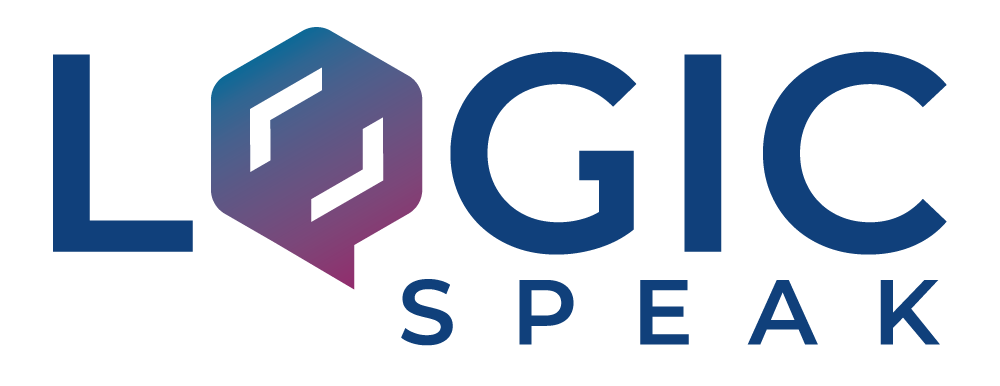 Protect – Securing your Data
Protect – Securing your Data
Increase your security posture and minimize your risk
Security breaches and data loss have become everyday news. We all know of a company that has taken a significant hit for exposing customer data or suffering a business-ending loss of data. We typically think of security or disaster recovery as an issue for large companies or healthcare and financial institutions. The reality is that any organization that uses the Internet is at risk.
In fact, the statistics for small and medium-sized businesses are alarming. 55 percent of SMBs suffer a cyber attack every year. In the case of ransomware attacks—43 percent of them take more than a week to fix; only 35 percent of SMBs are profitable after a prolonged attack; and the average cost is around $80,000. According to Microsoft, 60% of cyber attacks begin with a breached device. In addition, 70 percent of small firms go out of business within a year of a large data loss incident, which can be caused by viruses, physical damage, or human error.
If those statistics aren’t bad enough, the threats are constantly changing. What was adequate last year is no longer sufficient. In years past, organizations have been able to reduce their risk by using what are now considered minimum level protections, including antispam systems, desktop-based antivirus, and firewalls. These solutions are still needed, but as the threats evolve, the need for more advanced security measures and disaster recovery strategies has evolved into an imperative.
Trying to protect your business on your own is nearly impossible. You need a partner who is constantly working to anticipate threats now and prepare for new ones later. You need a partner dedicated to researching and keeping up with what vendors provide the best protection. You need a partner who will keep you out of the news.
Logic Speak works with a variety of specialists and attends industry events to stay on top of security and business continuity needs. You can get a high level idea of our approach below.
Training
Educating employees on security best practices because they are your frontline defense and your biggest vulnerability
Prevention
Using advanced security and best practices to preemptively avoid a security breach or data loss
Detection
Continuously monitoring your systems so you know the moment that a security event occurs—enabling corrective action to be taken as quickly as possible to minimize damage
Remediation
Resolving an incident if and when it arises, quickly and with as minimal damage as possible

